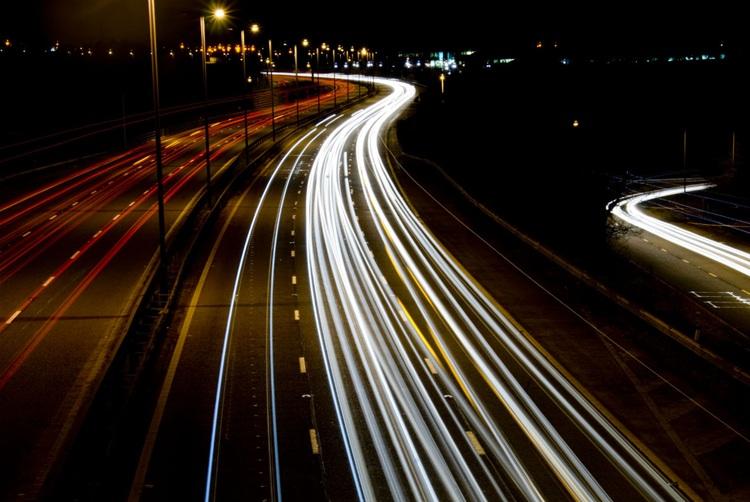Birmingham announces measures as part of new Emergency Transport Plan
 Published: 5th Jun 2020
Published: 5th Jun 2020
Birmingham City Council has launched its Emergency Transport Plan outlining plans for a wide range of measures to support walking, cycling and public transport across the city, in light of COVID-19.
The Emergency Transport Plan also sets out the short, medium and longer-term actions Birmingham can take to enable a low carbon, clean air recovery from COVID-19.
This development follows the announcement by the Secretary of State for Transport about a £2 billion package to support active travel. The Prime Minister’s announcement on Sunday (10 May 2020) also set out the conditions for easing lockdown and the steps that will be taken to enable more activities to take place whilst continuing to control the spread of COVID-19.
The plan prioritises and accelerates some of the measures that were outlined in the draft Birmingham Transport Plan consulted on earlier this year. Proposals are organised around the same four “big moves”:
- Reallocating road space – to support the creation of safe space for walking, cycling and social distancing while maintaining public transport provision.
- Transforming the city centre – through the creation of walking and cycling routes alongside public transport services and limited access for private cars.
- Prioritising active travel in local neighbourhoods – so that walking and cycling is the way most people get around their local area most of the time and these become places where people are put first, creating stronger communities.
- Managing demand through parking measures – where land and space currently occupied by car parking is repurposed for walking, cycling and social distancing.
New proposals announced to help achieve these big moves include:
- Assessing the key route network and other roads to identify where there are opportunities to convert space to support walking, cycling or public transport.
- Reallocating road space for cycle lanes, the first of which will link the city centre to City Hospital via the Jewellery Quarter.
- Accelerating roll-out of the traffic cells initiative in the city centre and delivery of a street-space rationalisation programme across key areas.
- Introducing active, low traffic neighbourhoods to Birmingham, with at least two areas identified to pilot this approach by the end of the month.
- Support packages for schools and businesses to encourage sustainable travel and enable safe social distancing.
Cabinet Member for Transport and Environment, Councillor Waseem Zaffar MBE, said:
“COVID-19 has greatly impacted our city like many others. We must now ensure our city is well-prepared to provide all our communities with the opportunity to deliver a green, sustainable recovery. Transport and connectivity is critical to that and our Emergency Birmingham Transport Plan is the first step to this response.
We must learn from the lockdown and consider how we can get our city moving in a safe, healthy and effective way. During the lockdown period, road traffic across Birmingham has reduced by 60% over several weeks. This has created a quieter, safer environment for walking and cycling with much improved air quality.
The Emergency Birmingham Transport Plan is a reset for how we move around the city and is the start of our work to ensure we come out of the COVID-19 lockdown with the ability to travel safely, healthily and sustainably. I know our city can build a bright, healthy future - this is our chance to deliver it.”